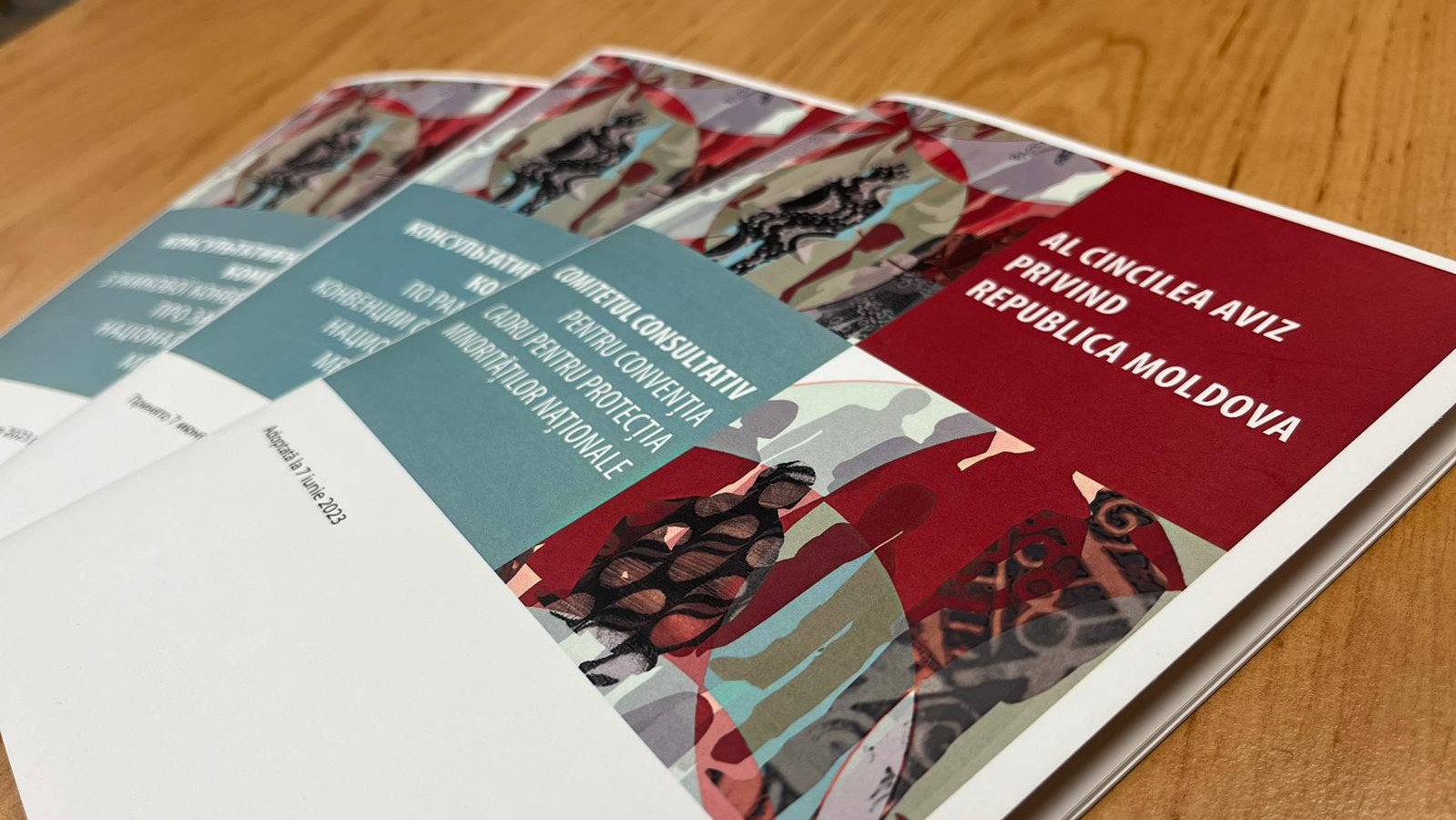“The Republic of Moldova is making significant strides in managing/enhancing its ethnic diversity and fostering a shared civil identity, though this remains a work in progress with ongoing challenges. Continued efforts are essential to promote and protect the country’s cultural and linguistic diversity”. These are some of the main conclusions of the Fifth Opinion on the Republic of Moldova prepared by the Council of Europe’s Advisory Committee on the Framework Convention for the Protection of National Minorities (FCNM).
Although Moldovan society is largely tolerant, among other findings, the Advisory Committee highlights that stigmatization and stereotyping of the Roma are still widespread in society and among public officials, fostering discriminatory attitudes. In this sense, the successful practice of Roma community-based mediators should be maintained, addressing the specific needs at municipal and community levels. Nonetheless, challenges remain, particularly in ensuring equal access to education and achieving social and economic inclusion of marginalised groups.
To address these challenges, the Council of Europe projects “Enhancing diversity and equality in the Republic of Moldova“, “Combating discrimination, hate speech and hate crimes in the Republic of Moldova“ and “Promoting non-discrimination in the Republic of Moldova” will continue supporting national authorities and ethnic minorities, by aligning national legislation and anti-discrimination practices with European standards, through capacity building activities and awareness raising campaigns.
To increase the level of understanding of the Advisory Committee’s recommendations and support its implementation, the Fifth Opinion on the Republic of Moldova was translated into Romanian, Russian, and Ukrainian.
The Framework Convention for the Protection of National Minorities is Europe’s most comprehensive treaty protecting the rights of persons belonging to national minorities. It is the first legally binding multilateral instrument devoted to the protection of national minorities worldwide, and its implementation is monitored by an Advisory Committee composed of independent experts. The treaty entered into force on 1 February 1998 and is now in force in 39 states.
